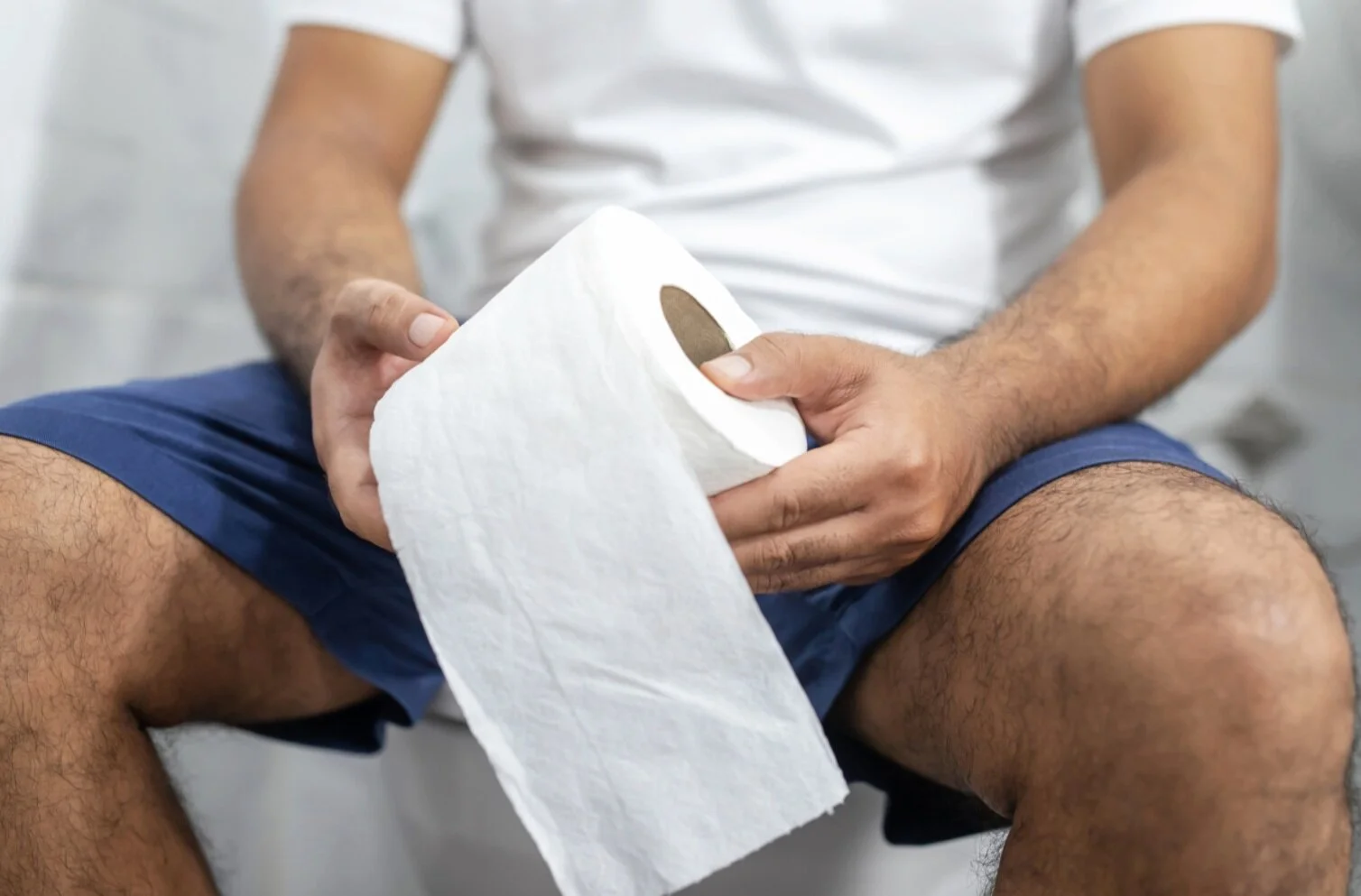For many anxiety sufferers, irritable bowel syndrome can be a very uncomfortable symptom. New knowledge suggests that there might be an incredible link between our gut microbiome and our mental health, so why couldn’t there be other gut-brain links we haven’t fully explored yet? Here’s how stress and anxiety are likely making your IBS symptoms worse (and how to handle it).
6 Lifestyle Changes To Help Manage Your Crohn's Disease
Crohn’s is an unpredictable disease that often fills the lives of those who suffer from it with stress and uncertainty, making it difficult for them to enjoy their daily activities. Despite this, it is possible to regain a happy, fulfilling life you want and better manage your condition with some simple tips and lifestyle changes.
Why Does My Perianal Abscess Keep Coming Back?
Perianal abscesses can cause several painful symptoms for patients, but the good news is that they’re easily treated. For most patients initial treatment is successful - they can move on with their lives and be symptom free! For some, however, the abscess will continue returning. If you have a perianal abscess that keeps coming back, it’s usually a sign that there’s more going on that meets the eye.
What Causes Rectal Bleeding?
While slight rectal bleeding is actually pretty common, there are a variety of gastrointestinal conditions that can cause it, and some are worse than others. Today we’re going over when it’s time to fret (and call your doctor), versus when it’s time to simply flush. Here are some of the top causes of rectal bleeding.
How To Calm An IBS Flare Up
Those who live with IBS (irritable bowel syndrome) can tell you this much: flare ups are the worst. Though this condition can make watching what you eat and day-to-day life more difficult, there are thankfully a variety of techniques and strategies you can use to control your flare ups and limit how often they occur.
The Difference Between Crohn’s Disease, Ulcerative Colitis, and Celiac Disease
6 Telltale Signs You Have Diverticulitis
You may have heard the term diverticulitis, but there is a good chance you don’t know exactly what it is or what the symptoms of diverticulitis are. Read on to find out more about the signs of diverticulosis and how to determine whether or not you have it.
All About Colon Polyps
Although colon polyps are very common and usually benign, many people are often unaware of their presence, or the more serious risk they could pose down the road. Today we’ll be highlighting everything you need to know about colon polyps, including what they are, the kinds you can get, risk factors that make you vulnerable and the kinds of treatment options at your disposal.
Crohn's Disease Diet: What Are The Best Foods For Crohn's Disease Patients?
Although Crohn’s disease symptoms can be uncomfortable and unpredictable, some simple lifestyle changes can improve them drastically. For example, there are specific foods that are great for supporting your digestive system and others that people with Crohn’s disease should avoid if possible. Here’s our list of the best foods for patients with Crohn’s disease:
What Causes Pilonidal Cysts: Determining Your Risk Factor
Many people have never heard of pilonidal cysts and may not even be aware that they have them until the symptoms become more severe. If left untreated, infected pilonidal cysts can become dangerous. That’s why we’re going to go over just what pilonidal cysts are, what causes them, the risk factors, and how to treat them.
What Are the Different Types of Hemorrhoids?
Hemorrhoids are unfortunately, part of life for many patients. Despite the fact that hemorrhoids are so common, many people aren’t aware that there are several different types of hemorrhoids. So, how can you tell the difference? Today we’ll walk you through the four common types of hemorrhoids and the symptoms associated with each one.
What Types of Conditions Does A Colorectal Doctor Treat?
Understanding Your Colorectal Cancer Screening Options
The most important thing to remember with colon cancer is that early detection can mean all the difference for effective treatment and even prevention. Thankfully, there are a few colorectal cancer screening options you can choose from to make sure you stay healthy.
What Is The Difference Between IBS & IBD?
4 Anorectal Conditions Treated At The Colorectal Clinic Of Tampa Bay
At Colorectal Clinic of Tampa Bay, our colorectal specialists treat a myriad of intestinal, rectal, and colorectal conditions. People with a wide range of issues can seek treatment from our specialists for everything from complex diseases like colorectal cancer to other colorectal ailments including inflammatory bowel disease (IBS), diverticulitis, and much more. Below, we take a look at 4 anorectal diseases we treat, including what they are and how they are best treated.















